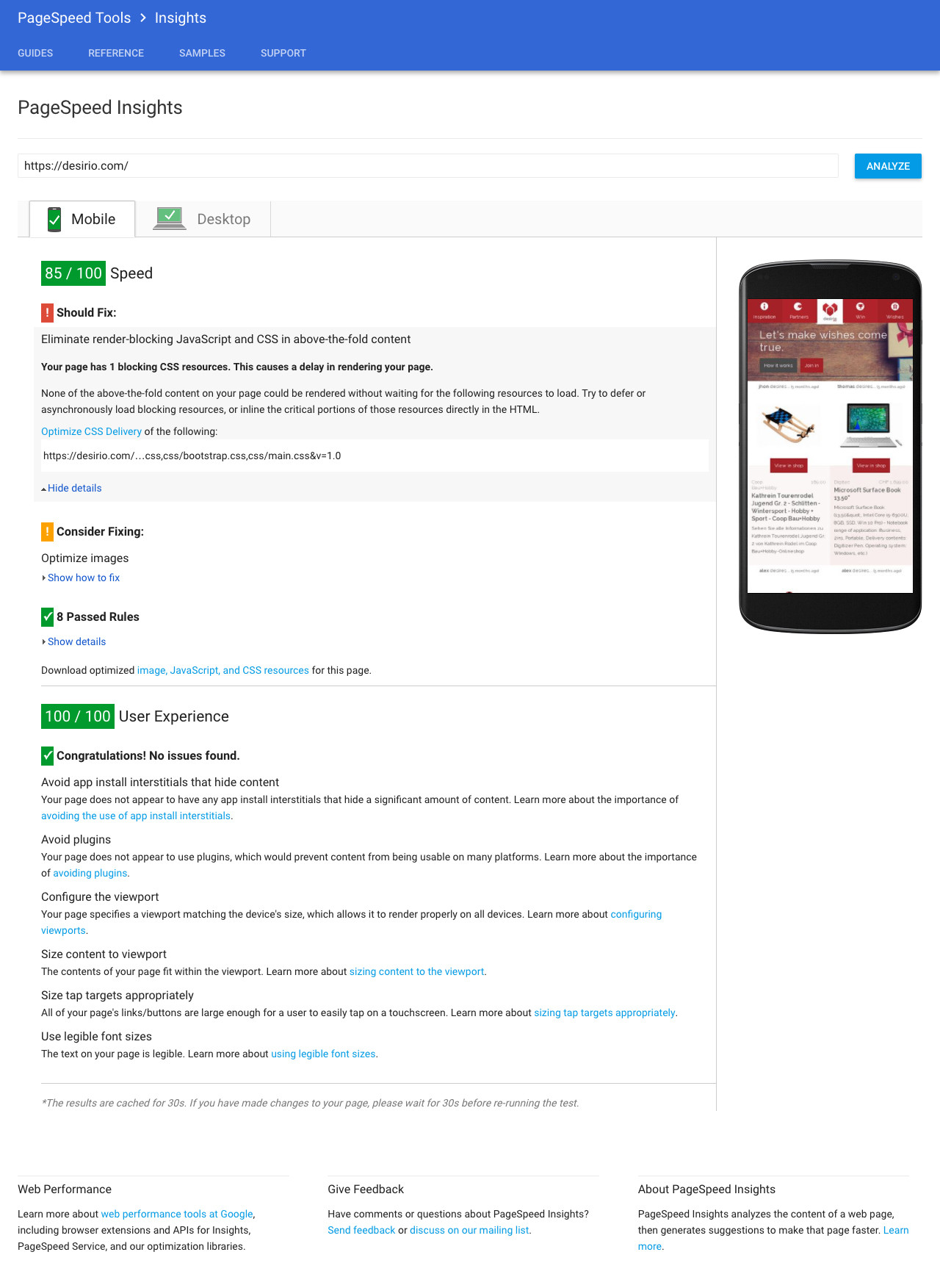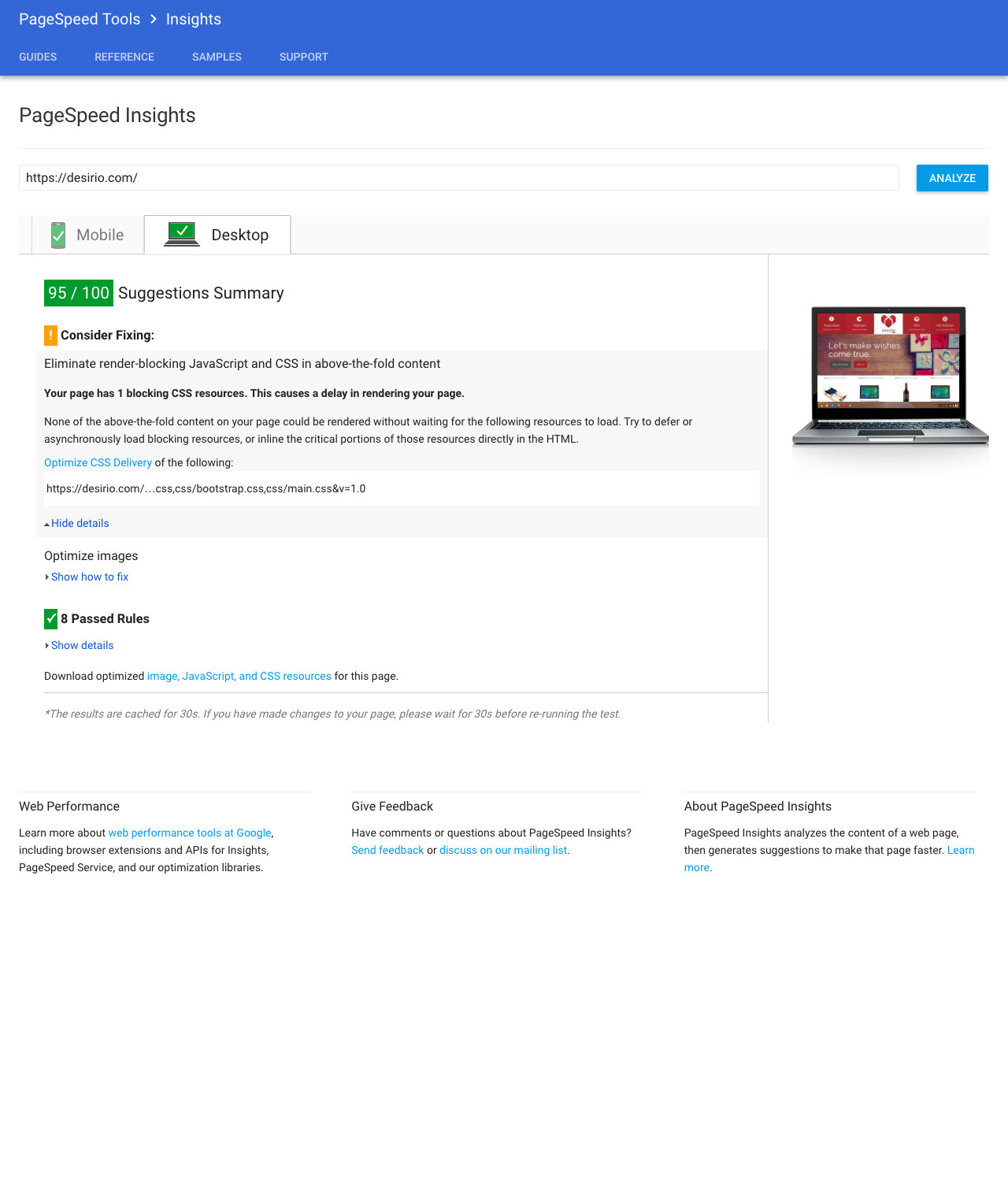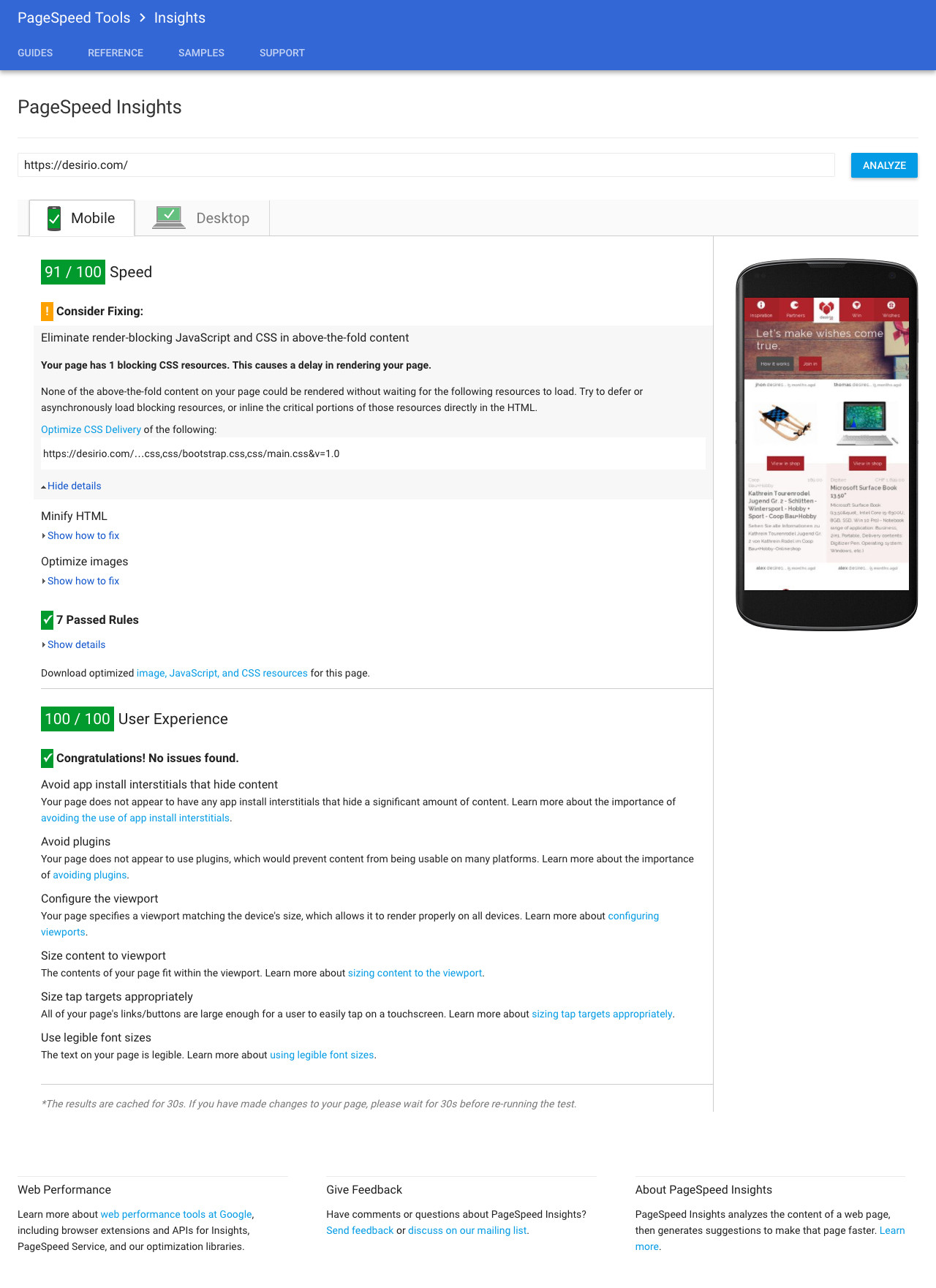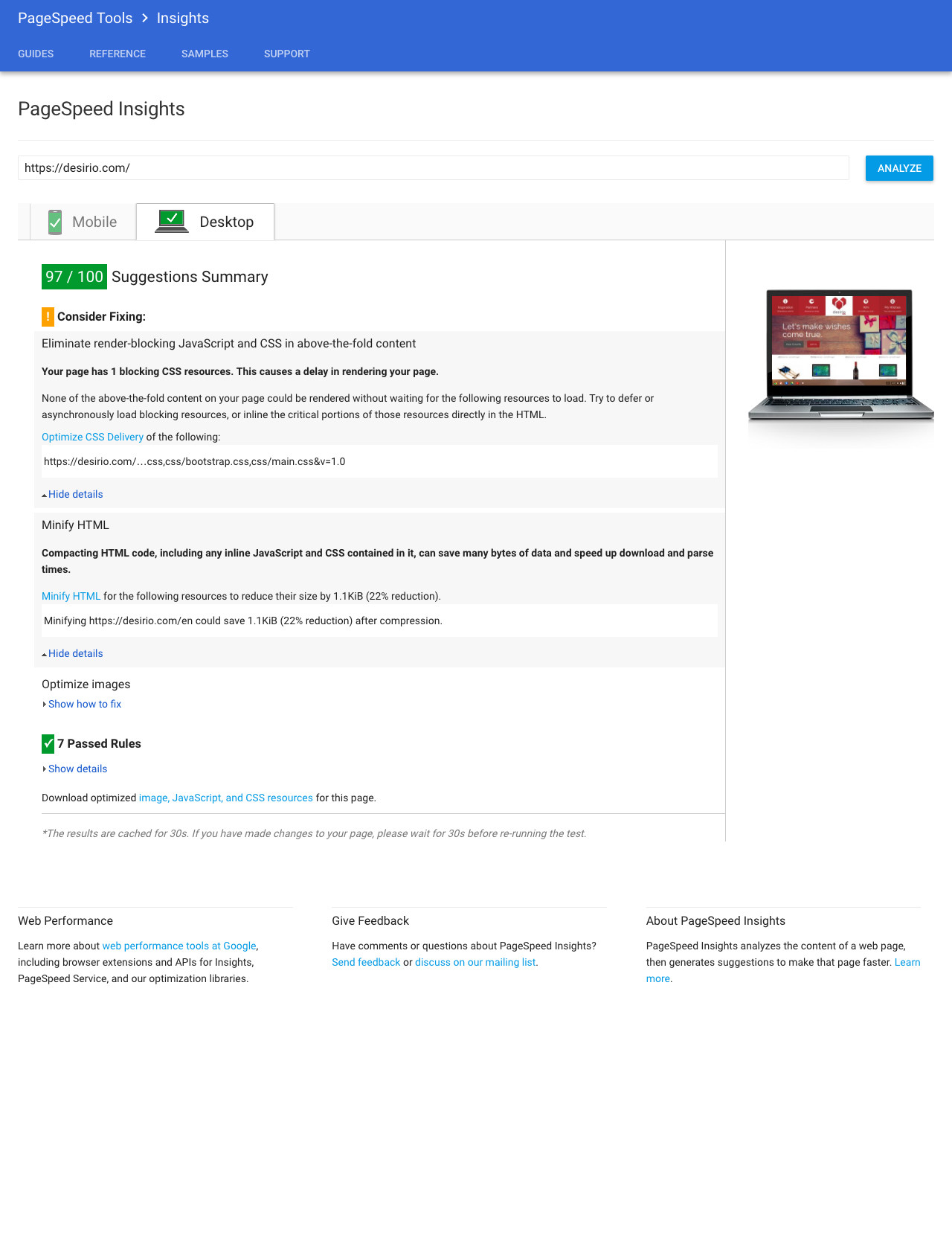The only explanation I can think of is that the variance in other factors might have been behind this.
Could have been anything, but one thing that comes to mind is that the server response time increased because of the time required to minify html on the fly. If, for example the server response time increased from 0.05s to 0.15s, the total pagespeed could have been worse off than without html minification, except the rule for server response time still didn't fire (because it only displays when the server response time jumps above 0.2s).
Also, the warning for render-blocking resources switched from "should fix" to "must fix", which indicates that something else is indeed going on behind the scenes. But like I said, based on the screenshots you provided, I have no way of knowing what exactly that could be.




